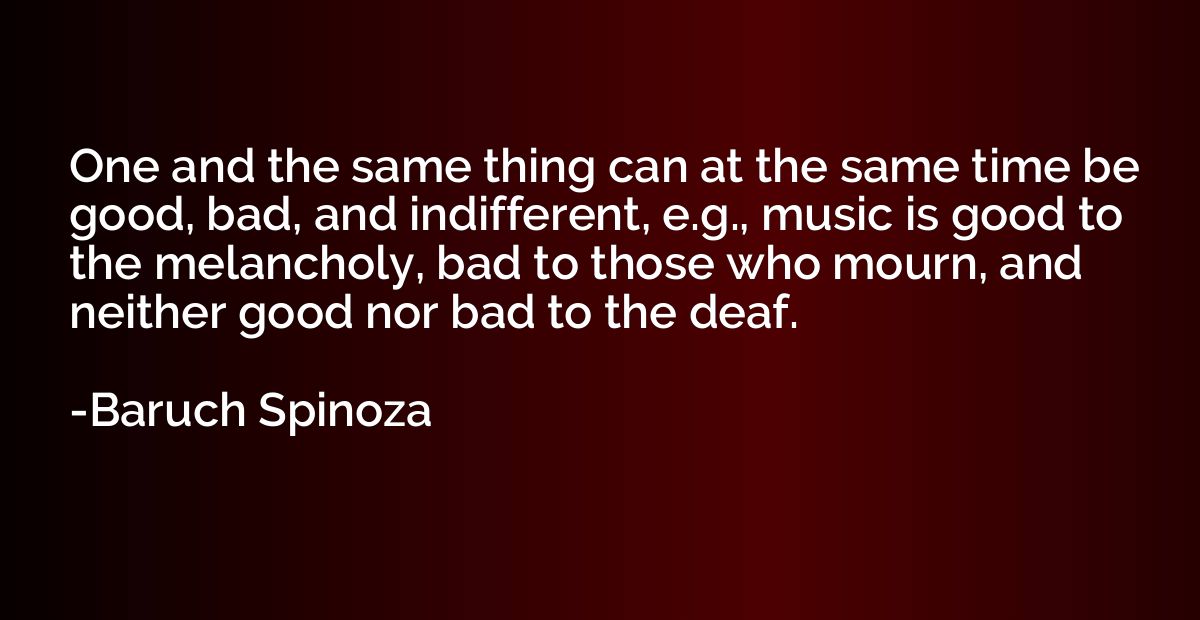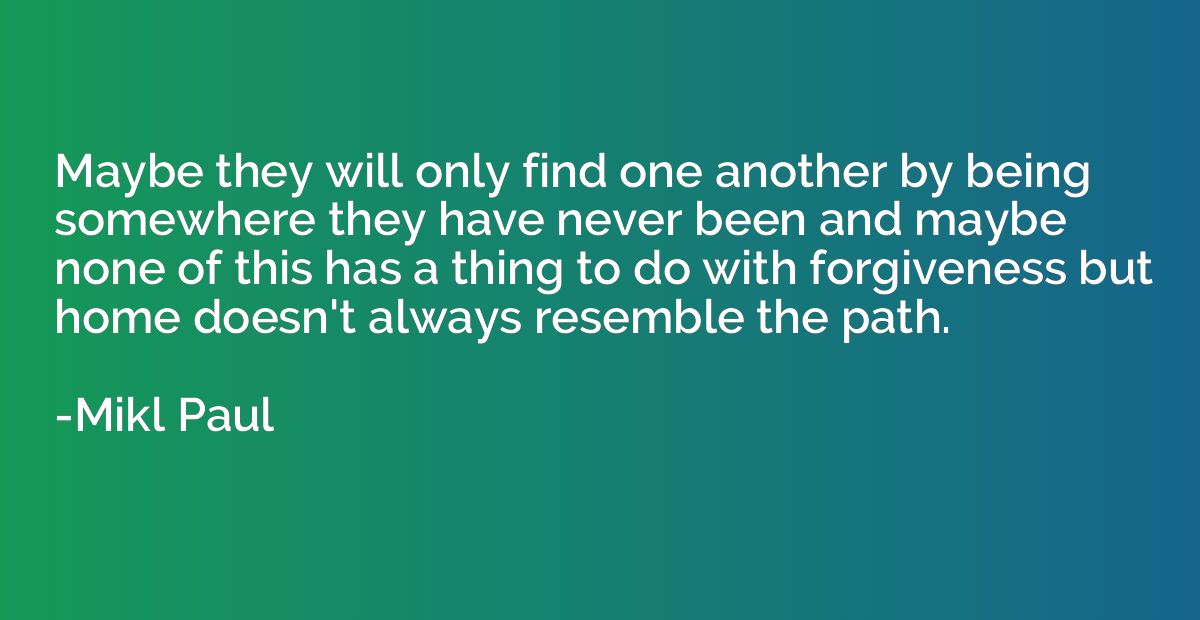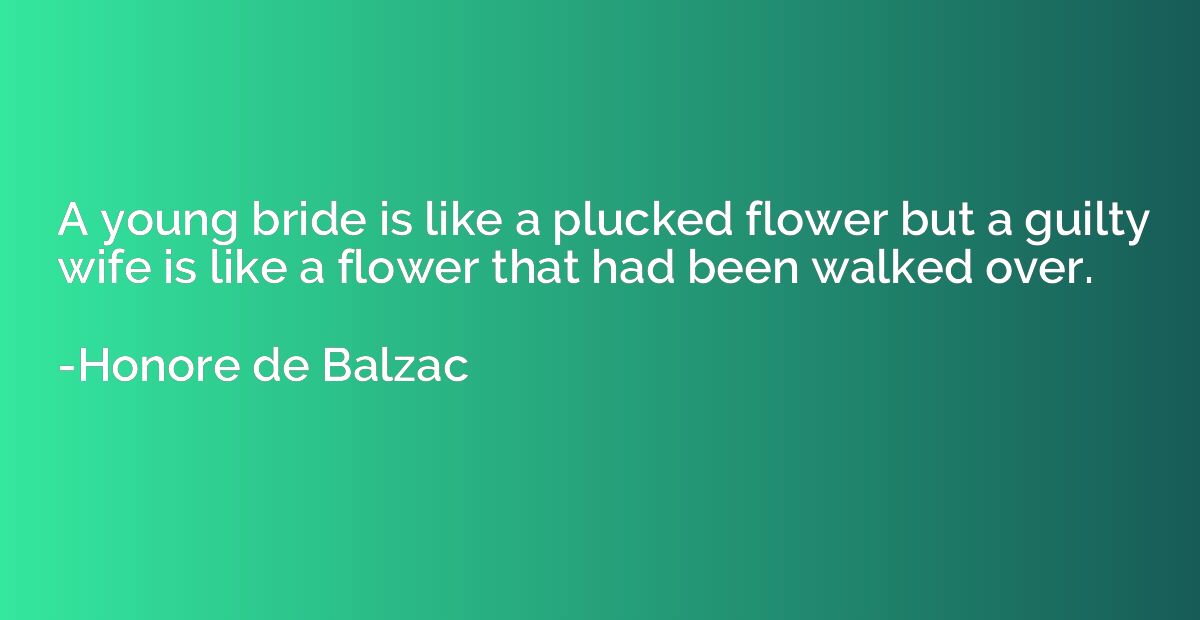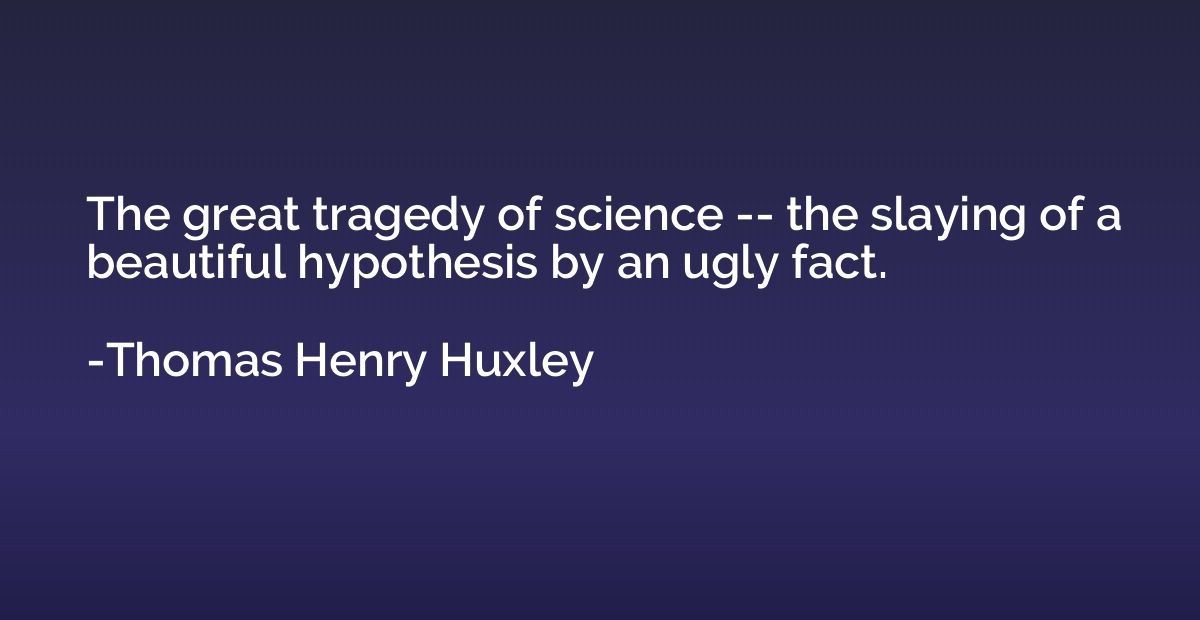Quote by Baruch Spinoza
One and the same thing can at the same time be good, bad, and indifferent, e.g., music is good to the melancholy, bad to those who mourn, and neither good nor bad to the deaf.

Summary
This quote highlights the subjectivity of value and perception. It argues that something can be simultaneously good, bad, or indifferent depending on the individual's perspective and circumstances. For instance, music can provide comfort and solace to someone feeling melancholic, but it may be distressing to those in mourning. To the deaf, however, music holds no inherent value as it cannot be experienced. Thus, this quote emphasizes that the judgment of something's goodness or badness is relative and dependent on personal factors and experiences.














